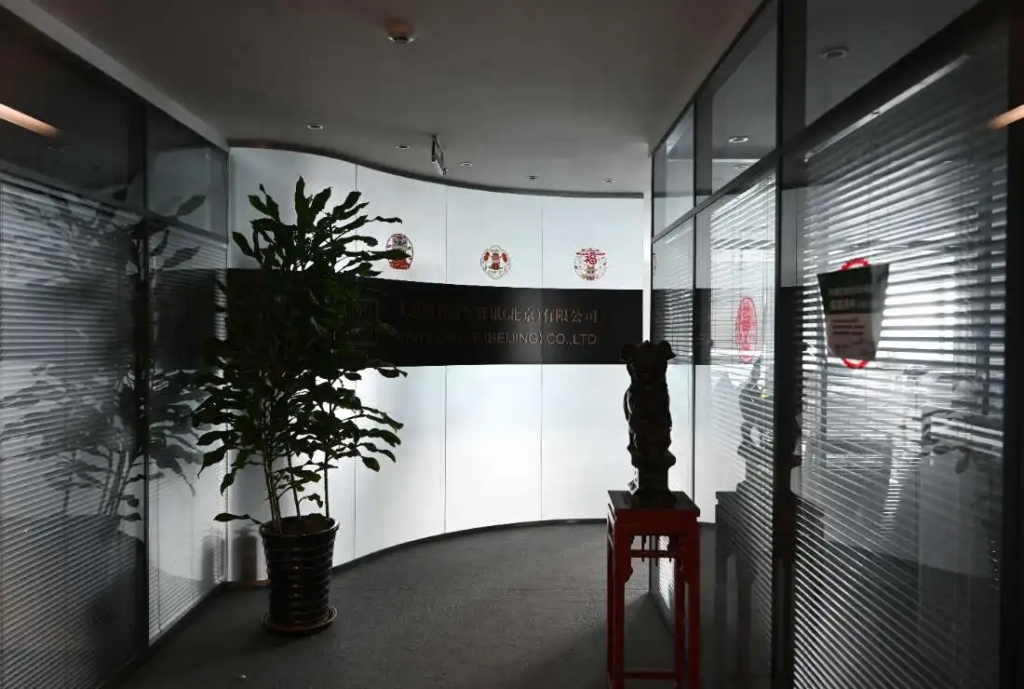
Despite declaring the country has reopened for trade, the government emphasizes an ever-widening notion of national security over all else, making doing business in China tougher and riskier.
In late March, Beijing officials told global CEOs they were “not foreign visitors, but a family” and promised to eliminate red tape.
Since epidemic limitations were relaxed, China has limited global data access and raided consultancy businesses.
From July 1, anti-espionage rules will expand the scope of spying and bar national security information transfers.
This has frightened international and domestic enterprises as they struggle to discern authorities’ intentions and identify off-limits.
“Companies are scurrying to develop employee protection policies. “But the definitions are so vague,” a large multinational auditing company employee told AFP.
“Nobody knows if they crossed a line or where the red line is.”
In March, police closed Mintz Group’s Beijing branch and detained five local employees, proving it had crossed one.
The next month, Bain & Company reported questioning Shanghai employees.
In a 15-minute state television broadcast last week, officials said multi-city searches on global expert network Capvision were part of a larger drive to reform China’s consulting business.
The EU Chamber of Commerce in Shanghai told AFP the actions “send a worrying signal and heighten the uncertainty felt by foreign companies operating in China”.
“Companies are looking for clear signs that China’s business environment is becoming more predictable and reliable, the developments are not conducive to restoring business confidence and attracting foreign investment”.

But Yale law scholar Jeremy Daum said the point was that “China believes there are legitimate threats to its national security, and will always prioritize addressing them over other interests”.
“As international tensions continue to rise… the situation isn’t likely to get better soon,” he continued.
“Pushing limits”
Beijing has strictly controlled sensitive material amid volatile US-China ties on trade, human rights, and Taiwan.
Many observers saw official TV coverage of the raids as a clear signal to Chinese people not to work with Capvision.
Several industry observers told AFP that Capvision, Mintz, and Bain looked to have been targeted for particular incidents rather than a campaign against foreign corporations.
Capvision is a Chinese corporation based in New York.
“The manufacturers and quantities of some important military equipment” were leaked, according to CCTV.
“I think certain firms… have always engaged in research activities that push the boundaries –- and that, as has always been true for decades now, some of them will get caught,” said Bob Guterma, a former Capvision chief compliance officer who runs news and business intelligence site The China Project.
“People are waking up — or it’s more like the newest round of awakening to the dangers of doing business in China that have always existed.”
President Xi Jinping has cracked down on IT and private tutoring industries where restrictions were previously lax.
Beijing-based regulatory compliance lawyer Lester Ross told AFP that state security agencies have been lobbying for tougher regulations on data-gathering firms for some time.
After his third term last year, Xi’s loyalists dominate China’s top ranks.
“It is the change in the balance of forces within the system, among competing bureaucracies, that has triggered the actual raids,” Ross said.
Chilling effect
The modified anti-spying law’s impact is unknown.
Yale’s Daum stated “it isn’t immediately clear what the impact of the expanded definition will be” due to the broad definition of espionage.
He told AFP that “open-endedness sometimes makes it difficult to fully assess the risk… (which) inevitably leads to a chilling effect”.
“(Companies) have to be much more cautious about the gathering of information and who they gather it from, and that will inhibit their ability to actually do business,” Ross added.
“Even publicly available information becomes problematic because some of that is only available in China.”
Foreign scholars now have less access to Chinese data sources including Shanghai-based Wind Information and academic database CNKI.
The Wall Street Journal said that US think tank publications using comparable methodology prompted the action.
Bloomberg reports that the government has ordered state-owned corporations to end contracts with Deloitte, KPMG, EY, and PwC.
The contradiction between recent developments and policymakers’ attempts to attract foreign money to China’s Covid-battered economy has raised worry.
“The recent raids and the mixed messages they send have caused a lot of concern,” analyst Bill Bishop said. “As that concern flows up into board rooms it is going to be even harder for many firms to approve additional investments” in China.
Journalist and author Lingling Wei said authorities feel China is too big a market for corporations to leave.
They don’t understand… They believe they can block foreign cash from leaving and squeeze international enterprises.”
